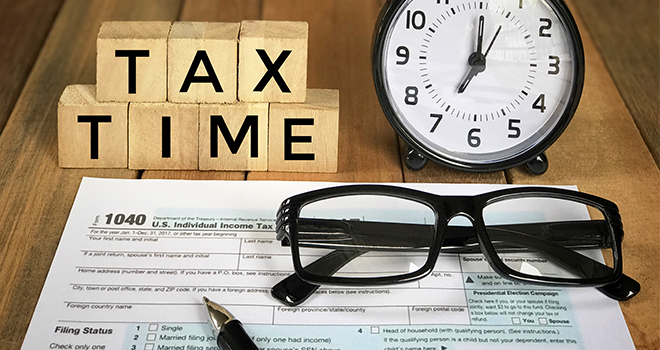Filing season opened on 1 July 2021, with a significant number of taxpayers being assessed automatically.
Key dates to diarise:
- 1 July to 23 November 2021 – for non-provisional taxpayers filing online.
- 16 August to 23 November 2021 – for non-provisional taxpayers who require assistance filing at a SARS branch (by appointment only).
- 1 July to 31 January 2022 – for provisional taxpayers and trusts filing online via eFiling or the SARS MobiApp.
Will SARS auto-assess taxpayers this year?
SARS introduced the auto-assessment process in 2020 in response to COVID-19, to simplify the tax-filing process and to remove the need to visit branches. This year, SARS will again use certain information from third-party data providers to prepopulate tax returns, both for individuals selected to be auto-assessed and those who are not. In the last tax year, prepopulated data included IRP5/IT3(a) employer information, income earned from investments, tax-free savings information, retirement annuity fund contributions and medical aid contributions.
What do you need to do if you are auto-assessed?
If you are selected to be auto-assessed, you will be directed via SMS to eFiling or the SARS MobiApp to view your return. If you accept the auto-assessment results, you do not have to complete a tax return because SARS would have done that for you. If you are due a refund, SARS will pay the refund to you as per normal, as long as SARS has your correct bank details on record. If you owe SARS money, you can make payment as per the normal process on eFiling, via EFT or the SARS MobiApp.
The accuracy of data in your return depends on whether third parties, like your employer and other financial institutions, have your latest details. It is important to check that all the prepopulated third-party information displays correctly on your tax return before you accept your auto-assessment. This means you need to carefully check your tax certificates from your employer, medical aid provider and investment managers and compare these to the information prepopulated in your auto-assessment.
When should I not accept the auto-assessment from SARS?
If you have additional deductions to claim, or income to report that has not been prepopulated in your auto-assessment, you should not accept your auto-assessment and should edit the information before submitting it to SARS. Examples include realised capital gains from the sale of assets, rental income, excess medical expenses which were not covered by your medical aid, or a tax deduction for home office expenses.
Some information may not be editable, such as information received from your employer. Where you are unable to edit the information, you will need to approach the relevant third-party provider to process a correction and resend the data to SARS.
The onus is on you, the taxpayer, to ensure income is declared correctly, even where the information is not prepopulated by SARS. Not fully declaring all your income can result in administrative non-compliance penalties.
Who must file?
If you are a South African tax resident and you earned above the tax threshold amount, you will need to file a tax return if you had more than one employer or income source (for example you changed jobs during the tax year or worked two jobs, you earned rental income or you earned extra income from a side business). The same applies if you received a taxable allowance or advance from your employer (for example a travel, subsistence, computer or cellular allowance or if you had the right to use a motor vehicle supplied by your employer).
In some instances, as a South African tax resident, you may be required to file a tax return regardless of whether your taxable income exceeded or was less than the tax threshold amount. You will be required to file a tax return for the 2021 tax year if any of the following applies:
- You carried on a business (not as an employee) in or outside of South Africa.
- You sold assets and the capital gain or loss was more than R40 000 for the tax year.
- You owned foreign currency or foreign assets and the total value was more than R250 000 at any time during the tax year.
- You earned a foreign salary for work done as an employee outside of South Africa.
- You earned income or capital gains from foreign currency or assets outside of South Africa that attributed to you (for example, as a result of making a donation, settlement or other disposition).
- SARS sent you a tax return and requested that you complete it.
The article contains two further sections titled Who is exempt? and Do non-South African tax residents need to file a tax return? Click here to download the full article in PDF format, which you can also share with your clients.
Contact SARS for more information
For more information regarding your tax submission, please contact SARS directly on 0800 007 277 or visit www.sars.gov.za.



